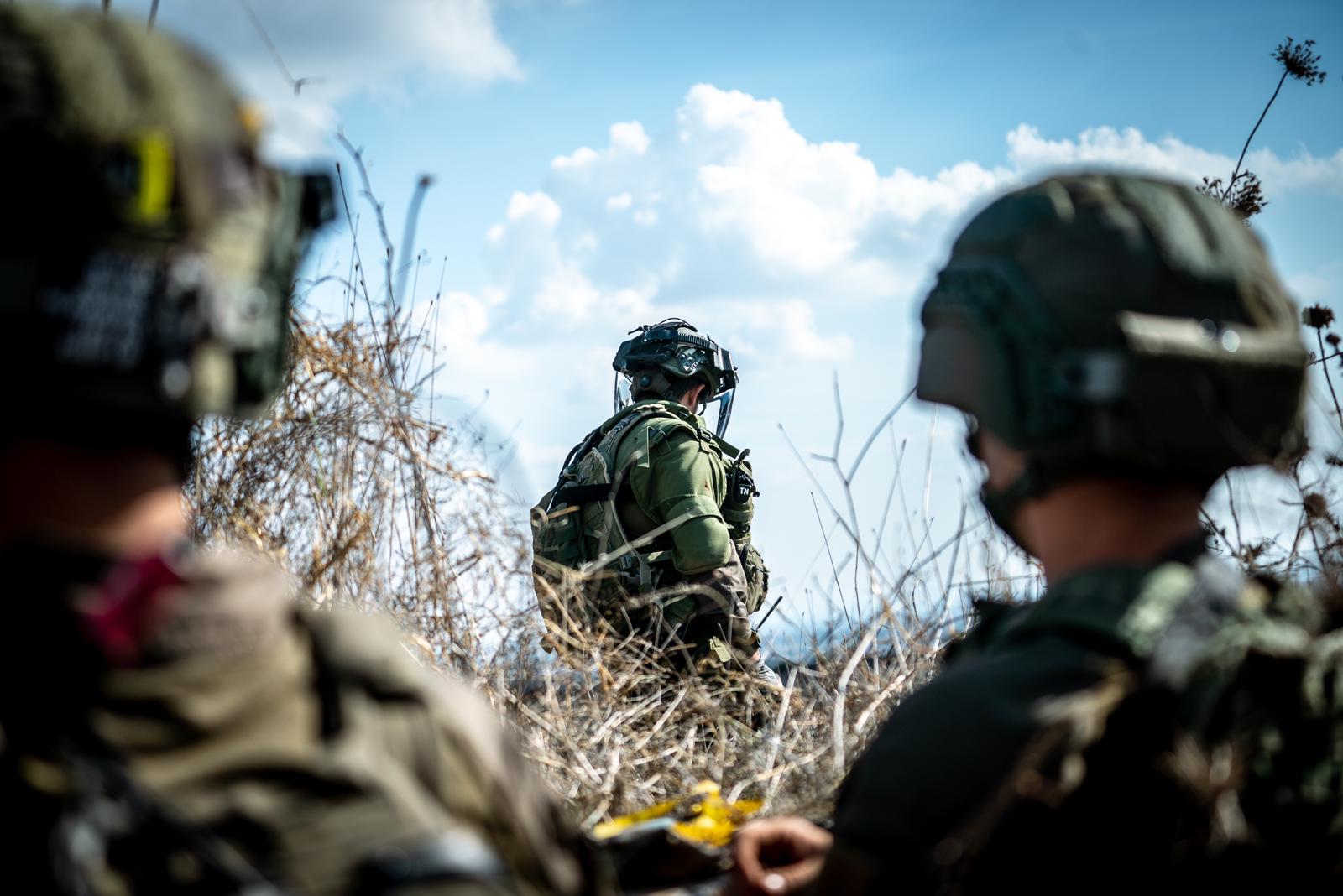Second Circuit Allows Government To Withhold OLC Interrogation Memos and CIA Interrogation Records and Abu Zubaydah Photograph
The New York Times published an editorial yesterday criticizing Monday's decision by the Second Circuit in ACLU v. Department of Justice, which held that various interrogation-related materials sought by the ACLU and other groups were exempted from Freedom of Information Act (FOIA) disclosure and thus the Department of Justice and CIA were entitled to refuse to release them. Two groups of records were at issue: (1) two OLC memos with redacted information about enhanced interrogation techniques of CIA detainees held abroad; (2) internal CIA documents related to waterboarding and other enhanced interrogation practices, including a photo of Abu Zubaydah while in U.S. custody. In the district court, Judge Alvin Hellerstein held that although the CIA documents and photograph were exempted from FOIA disclosure, the OLC memos were not because what was redacted was the "'source of authority' for interrogation rather than a 'method of interrogation.'" The Second Circuit, in an opinion written by Judge Richard Wesley for a unanimous panel also consisting of Judge Susan Carney and District Judge Miriam Cedarbaum (sitting by designation), upheld the the district court's ruling with respect to the CIA documents but reversed with respect to the OLC memos, holding that all the records on appeal were exempt under FOIA.
The court first considered the OLC memos and found that they fell under FOIA exemption 1, which covers records that are "(A) specifically authorized under criteria established by an Executive order to be kept secret in the interest of national defense or foreign policy and (B) are in fact properly classified pursuant to such Executive order" (5 U.S.C. § 552(b)(1)). It emphasized the "substantial weight" given to government representations regarding the details and potential impact of classified information. It accepted the government's declaration "that disclosing the redacted portions of the OLC memoranda would reveal the existence and scope of a highly classified, active intelligence activity," including activities beyond those the existence of which is by now public knowledge. It rejected the district court's attempt at "compromise": having the government replace the redacted portions so as to describe the legal authorities without disclosing details of classified programs. Rejecting the district court's attempt to piggy-back off the Classified Information Procedures Act (CIPA), the court noted that CIPA only applies to criminal cases and that FOIA only requires the government to produce already-existing records, not modify existing or create new ones.
The court then turned to the CIA records and found that they fell under FOIA exemption 3, which covers records "specifically exempted from disclosure by statute" where the exemption statute "requires that the matters be withheld from the public in such a manner as to leave no discretion on the issue" or "establishes particular criteria for withholding or refers to particular types of matters to be withheld" (5 U.S.C. § 552(b)(3)). Because the exemption statutes at issue -- § 102A(i)(1) of the National Security Act of 1947 and § 6 of the Central Intelligence Act of 1949 -- clearly exempt intelligence and interrogation information from disclosure, the issue was whether President Obama's 2009 Executive Order and public statements banning waterboarding and other enhanced interrogation techniques rendered the interrogation at issue in the CIA records illegal and thus not covered by the disclosure exemptions. The court emphasized the Supreme Court's expansive definition in CIA v. Sims of "intelligence sources and methods" as limited only by the "requirement that the information fall within the Agency's mandate to conduct foreign intelligence." The court further emphasized that the ACLU's position would force it to confront a host of thorny legal question it would just as well prefer not to: for example, whether the President's executive order and public statements by themselves made the interrogation techniques at issue illegal, or how to apply such ex post determinations to prior interrogations. It also noted that the D.C. Circuit confronted an almost-identical issue in ACLU v. U.S. Department of Defense and held that records related to now-prohibited interrogation practices are exempt from FOIA. Finally, it recognized that the photograph of Abu Zubaydah would convey an "aspect of information that is important to intelligence gathering" -- namely "Abu Zubaydah's condition in the period during which he was interrogated."
Alan Z. Rozenshtein is an Associate Professor of Law at the University of Minnesota Law School, Research Director and Senior Editor at Lawfare, a Nonresident Senior Fellow at the Brookings Institution, and a Term Member of the Council on Foreign Relations. Previously, he served as an Attorney Advisor with the Office of Law and Policy in the National Security Division of the U.S. Department of Justice and a Special Assistant United States Attorney in the U.S. Attorney's Office for the District of Maryland. He also speaks and consults on technology policy matters.


.jpg?sfvrsn=407c2736_6)


